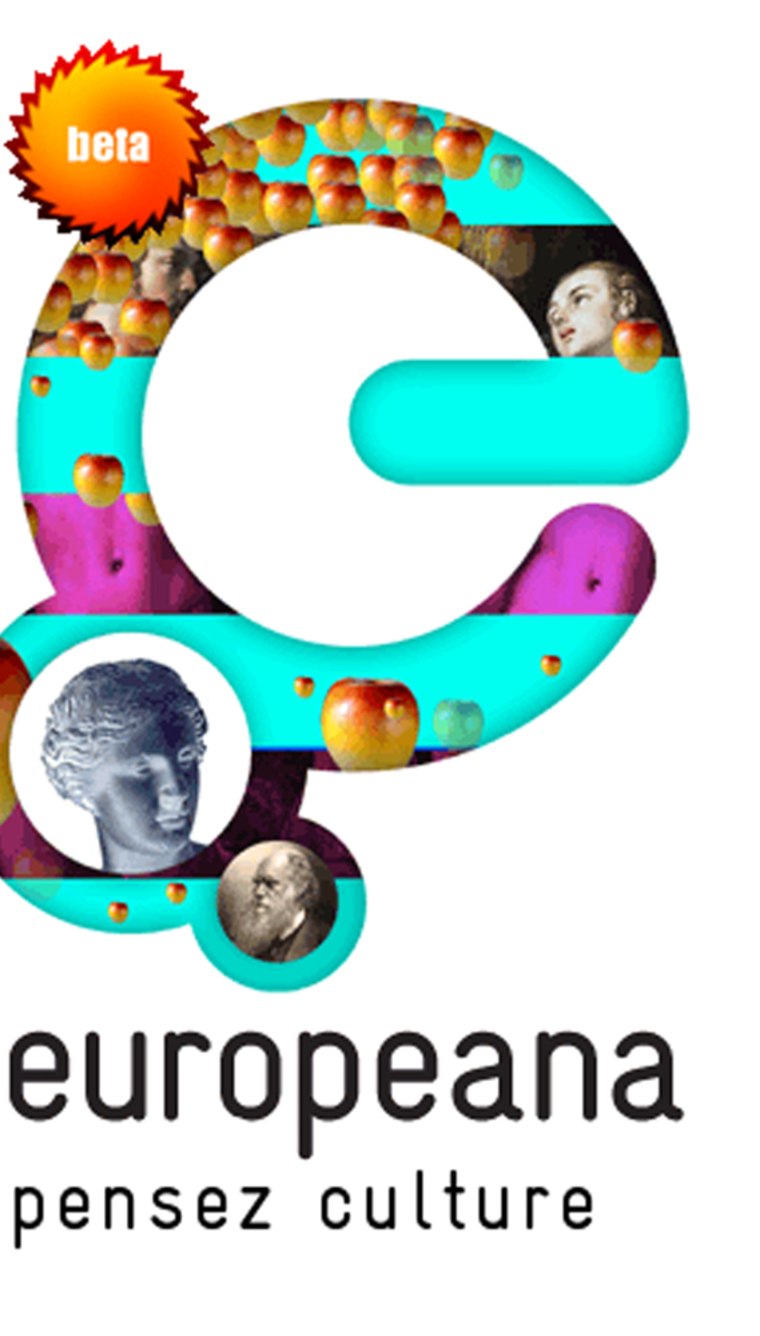Attention all culture-craving couch potatoes: Cultural riches from over 2,000 years of European civilization are going digital.
It's part of a new European Union online library project that is set to rival Google and aims to create a one-stop-shop to access history, art, literature, cinema and music from across the continent.
Items have been collected from 1,000 museums, national libraries, galleries and archives — including the Louvre in Paris and the Rijksmuseum in Amsterdam — so users can scour for books, paintings, audio files, maps, videos and other artifacts in one Web site.
Subjects are as varied as the recipe for a French ham and cheese "croque monsieur" to Homer's epics and the life of Mozart.
"You can see all aspects of (Mozart's) life in the works and material that comes from our museums, libraries, audio visual collections and archives across Europe," said Jill Cousins, director of the Europeana project.
She called up nearly 1,000 items related to Mozart in a sample search on the Web site, which is available in 23 languages including English, French, German and Spanish.
The site has 3 million items now and officials hope to get 10 million items on it by 2010. Even that is just a start, as only one percent of the historic works, documents and cultural artifacts across Europe have so far been digitized.
"You may download most of what is on there (for free)," Cousins said.
The project, which started two years ago, seems to be Europe's answer to Google's efforts to build a private digital library and is to be launched amid much fanfare by the EU's ministers on Thursday.
"Just imagine the possibilities it offers students, art-lovers or scholars to access, combine and search the cultural treasures of all member states online," said Jose Manuel Barroso, president of the European Commission, which is co-financing the project.
EU officials say Europeana offers a better product than Google's Book Search feature. Google has been scanning millions of books stored in dozens of libraries around the world over the past four years to lure more traffic to its popular search engine.
"The Google Book Search project is a great project, but it's about books, it's not like Europeana; you see the difference," said Horst Forster, an EU official who helped coordinate the project. "What we have here does not have any commercial aims."
Santiago de la Mora from Google's European office welcomed the launch, saying Google hoped to collaborate with Europeana "taking part in what could become the biggest technological leap in disseminating knowledge since Gutenberg invented the printing press."
Most of the items on the site so far are from France, the Netherlands and Britain. Other countries in the 27-nation EU — such as Germany, Spain and Poland — were expected to submit more artifacts in the coming weeks and months.
"We were offered an embarrassment of riches, an enormous amount of material," said John Purday, who works on the project.
Europe's famous museums have little to fear, however.
"Actually, it encourages use of museums, because you give people a taste of what's there," Purday said.
